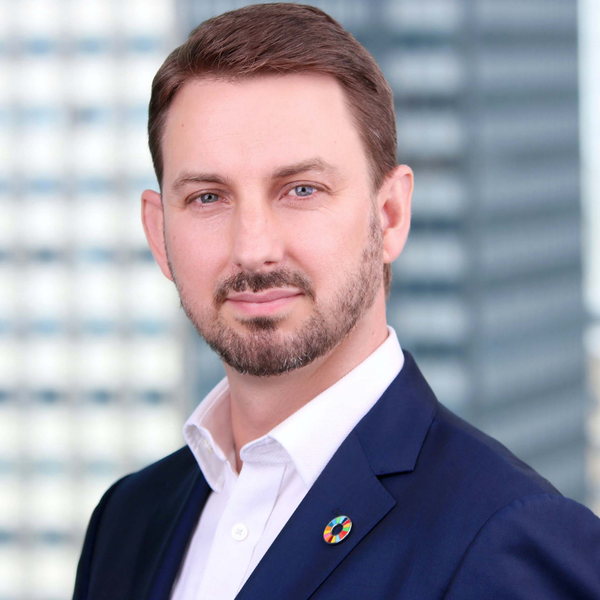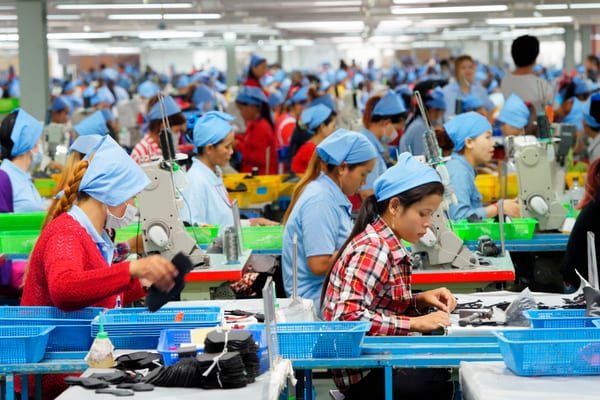James Cockayne on The Sustainable Development Case for Ending Modern Slavery
5 May 2021
Over 40 million people globally find themselves in some form of modern slavery. This is despite concerted focus and efforts by global brands, trade unions, NGOs and governments to prevent it.
To date however much anti-slavery understanding and activity has focussed on a criminal justice approach with very mixed results. A new report Developing Freedom from the UN University suggests a new way of understanding and addressing slavery may be helpful. If slavery is a systemic issue deeply embedded in economic models which deny people any agency, how could improved development outcomes and the realisation of the Sustainable Development Goals be used to understand the drivers and leverage better responses to prevent exploitation.
In this episode of Voices IHRB Head of Migrant Workers programme Neill Wilkins talks to Professor James Cockayne the report’s lead author about the long term impacts of slavery on development and the factors embedded within global value chains that maintain the status quo.
James Cockayne is Professor of Global Politics and Anti-Slavery at the University of Nottingham in the UK, and a Senior Fellow at the United Nations University Centre for Policy Research. He currently chairs the US Council on Foreign Relations Study Group on Trafficking in Persons and is a member of the World Economic Forum Global Futures Council for the New Agenda on Equity and Social Justice.
James also leads the Secretariats of both Finance Against Slavery and Trafficking, and Investors Against Slavery and Trafficking Asia-Pacific. He was the principal investigator and lead author for the report Developing Freedom
Stream above, or you can listen on your favourite podcast player.
If you care about human rights and are curious about the impact of business on peoples’ rights, then follow Voices to get each episode straight to your feed.
Editor: Deborah Sagoe, IHRB's Communications Coordinator





